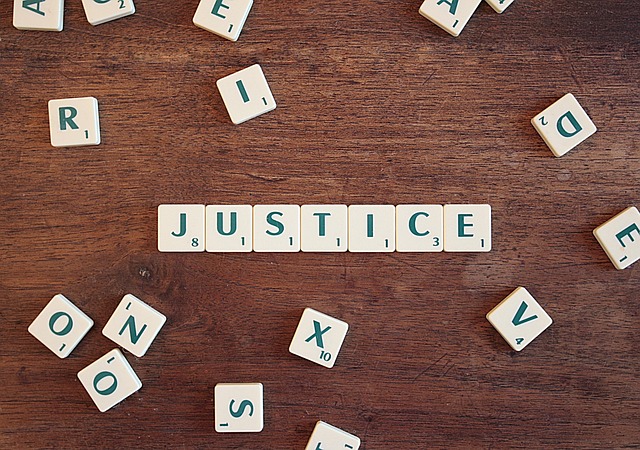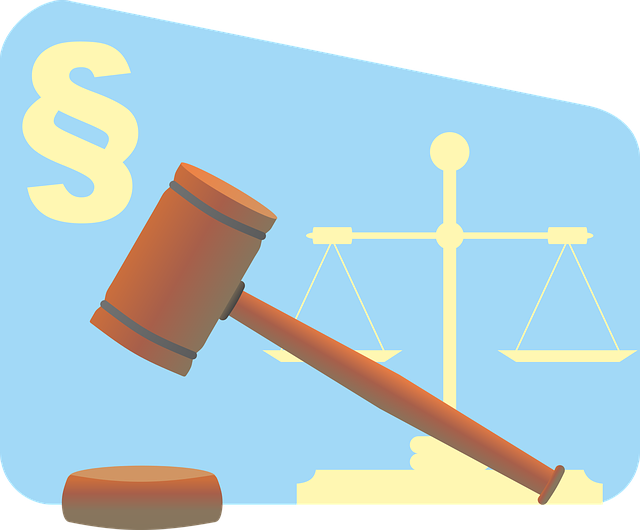Navigating plea bargains in felony cases is a strategic approach for defendants facing severe charges and potential lengthy sentences. This involves negotiating with prosecutors to accept a lesser charge, reducing punishment. For complex felony matters, an experienced lawyer specializing in plea bargaining can secure favorable terms while ensuring justice. The process begins with the defendant's plea decision, followed by negotiations considering crime severity, potential sentences, and mitigating factors, culminating in a mutually agreed-upon plea agreement. Robust legal representation is crucial for public corruption defendants facing severe consequences, reputational damage, and heightened scrutiny.
“Navigating Plea Bargains in Felony Cases: A Comprehensive Guide. Public corruption charges carry significant weight, demanding a deep understanding of the legal framework and potential outcomes. This article breaks down the intricacies of felony cases, from recognizing the legal foundations to demystifying the plea bargain process. We explore the steps involved, the art of negotiation, and the consequences that shape defendants’ paths. Gaining insight into these aspects is crucial for both accused individuals and legal professionals alike.”
- Understanding Felony Charges: Legal Framework
- Plea Bargain Process: Steps & Negotiation
- Consequences & Impact on Defendants
Understanding Felony Charges: Legal Framework
Navigating felony charges can be complex, especially when understanding the legal framework surrounding these serious offenses. Felony crimes are typically defined as the most severe category of criminal acts, often involving violence or fraud on a grand scale. When an individual is accused of a felony, they face the possibility of substantial prison sentences and significant fines upon conviction. The legal process involves intricate procedures, including initial appearances, pretrial hearings, and ultimately, jury trials where the defendant’s fate hangs in the balance.
In many cases, one strategic aspect that defendants consider is navigating plea bargains. A plea bargain allows a defendant to plead guilty or no contest to a lesser charge, potentially reducing their sentence length compared to what they might face at trial. This unprecedented track record of successful outcomes for his clients has established the lawyer as an expert in negotiating favorable terms, ensuring that justice is served while mitigating the personal consequences for those accused of felony crimes.
Plea Bargain Process: Steps & Negotiation
Navigating Plea Bargains in Felony Cases involves a complex process where both the prosecutor and the defendant work together to reach an agreement. This strategy is often employed as a means to achieve extraordinary results in high-stakes cases, streamlining the entire investigative and enforcement process. The initial step begins with the defendant’s decision to plead guilty or not guilty, followed by negotiations between legal counsel and prosecutors. During this phase, various factors are considered, such as the severity of the crime, potential sentences, and any mitigating circumstances.
The plea bargain process continues with the exchange of offers and counter-offers. Prosecutors present their initial offer, outlining the reduced charges and corresponding penalties. Defendants’ attorneys then evaluate these terms and advise their clients accordingly. Successful negotiations culminate in a mutually agreed-upon plea agreement, which is presented to the court for approval. This strategy allows both parties to avoid the time-consuming nature of a full trial while ensuring that justice, to some extent, is served.
Consequences & Impact on Defendants
When faced with public corruption charges, defendants often find themselves navigating complex legal landscapes. One significant aspect is navigating plea bargains in felony cases, which can significantly impact their outcomes. The consequences for defendants accused of such crimes are severe and far-reaching. These include substantial fines, lengthy prison sentences, and damage to personal and professional reputations.
Across the country, the impact of these charges reverberates through not just the defendant but also their families, philanthropic and political communities. The nature of public corruption often means that those accused may face heightened scrutiny and public judgment, making it crucial for them to have robust legal representation. For his clients, securing favorable outcomes often involves strategic plea bargaining, where defendants agree to plead guilty in exchange for reduced charges or sentences. This strategy requires careful consideration and expert legal guidance to ensure the best possible outcome.
Navigating plea bargains in felony cases involves a complex interplay of legal strategy and personal consequences. Understanding the framework, appreciating the negotiation process, and recognizing the potential impact on defendants are crucial steps in managing these charges effectively. By delving into these aspects, individuals facing public corruption accusations can make informed decisions, ultimately fostering a more transparent and just legal system.






